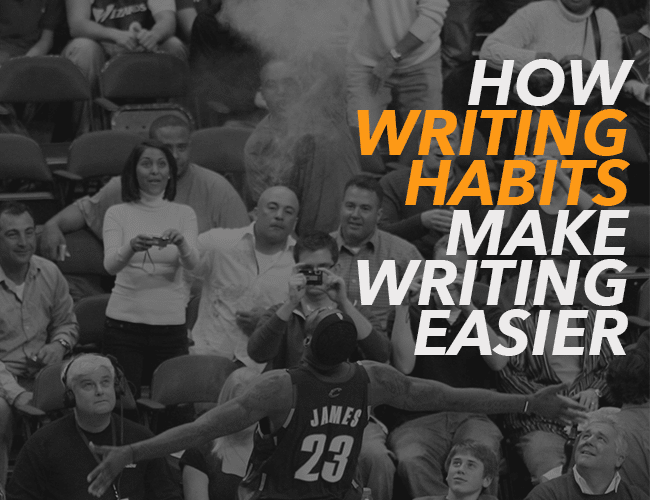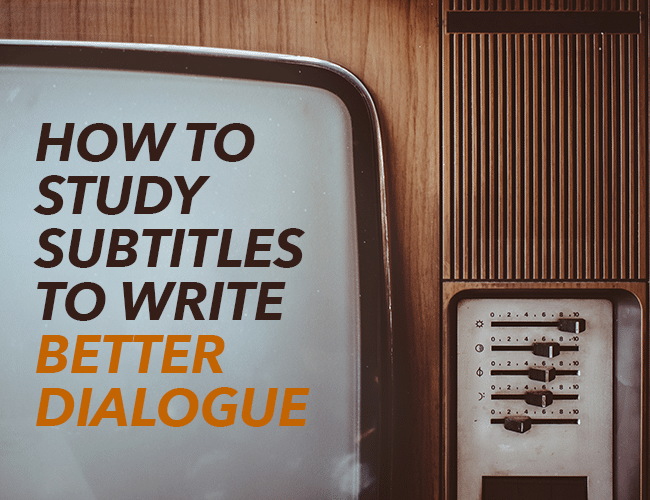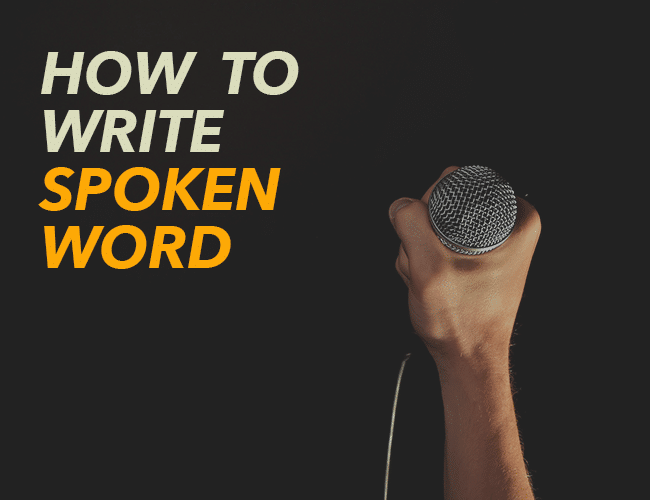
by Guest Blogger |
As all athletes know, whether you’re getting ready for a basketball game or a short jog, you need to loosen up. But for elite athletes, just like writers, loosening up isn’t just about warming up the physical body; it’s also about preparing yourself mentally for what is to come.
If you’ve ever seen basketball star LeBron James’ pregame “chalk toss” ritual, you’ll know what I’m talking about. You may not toss chalk before you write, but you can develop writing habits that will make your writing easier.

by Guest Blogger |
A vast majority of writers struggle with dialogue. We wonder how to make it real, make it believable, and make it stand out.
What if I told you that you can become a better writer and watch your favorite shows and movies at the same time—and all you have to do is turn on the subtitles?

by Guest Blogger |
Do you have feelings?
Do you wish you could let them go out, terrorize the neighborhood for a bit, and then come home to you without doing any damage (the kind that costs you money)?
Got a pen?
Get ready to write spoken word.

by Guest Blogger |
Attitude is everything. You’ve heard it a thousand times. You’ve probably even said it yourself. And yet, sometimes a bad attitude still gets the best of us. Sometimes we hate our writing. Sometimes we hate our agents. And sometimes, maybe, we even hate ourselves.
Over time, these kinds of thoughts can turn into a constant stream of negative self-talk that saps our creative energy and leads us to self-doubt. So how do we fix our bad attitudes and start thinking like a great writer?







